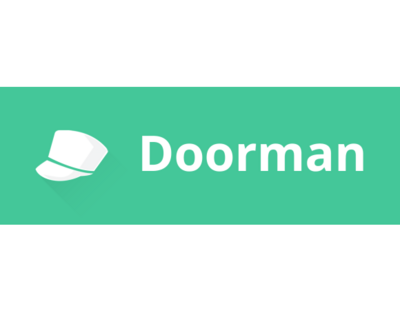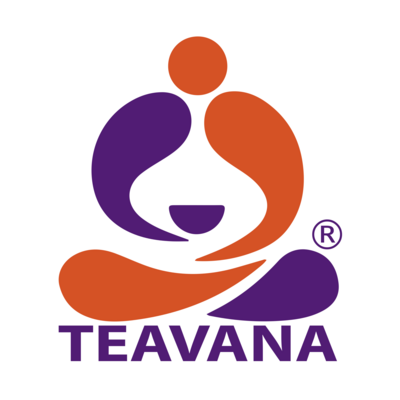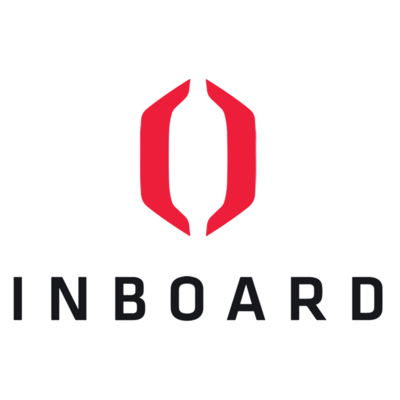What is Doorman?
Doorman was a privately owned American tech company that specialized in logistic services for urban areas. The company had set out to transform the delivery industry by providing a solution to the stickiest problem plaguing e-commerce – missed package deliveries.
Doorman was founded by Zander Adell in 2013. Like most entrepreneurs, Adell set out to solve a real-world problem he observed in his day-to-day life. He recognized that the final step (a.k.a ‘the last mile’) in the e-commerce process had not been streamlined to its best potential.
The rise of online shopping had overwhelmed and fractured the logistics system when it was never built for it. There was a timing overlap between the operational hours of logistics companies, and people’s work hours– which lead to millions of missed deliveries.

The Doorman package delivery service arranged for the delivery of packages at a time convenient to consumers. The company managed fulfilment centres and operated with independent driver fleets in densely populated urban areas.
While ordering a package online, subscribers of the service could list Doorman’s warehouse as the final destination. Customers would then get their package delivered to them at their homes in their preferred time slot.
Doorman became operational in 2014 – in the city of San Francisco. In its first year, Doorman raised $370,000in its pre-seed round and delivered approximately 4000 packages. But the start of 2015 was when Doorman began to takeoff.
The Doorman Shark Tank tale
After getting featured in a TechCrunch article, the producers of Shark Tank invited Adell to submit an application to pitch on the show. After a long selection process, Doorman was approved. Adell made an appearance on season 6 episode 13 of the show in January 2015.
Adell entered the show seeking an exchange of $250,000 for a 10% stake in his company. After negotiations, he walked out with his $250K from Robert Herjavec, in exchange for a 12% stake in his company.
Adell left the show ecstatic. The limits for this Doorman Shark Tank Collaboration seemed endless!
What happened to Doorman after Shark Tank?
The attention Doorman received after the shark tank episode aired, propelled Doorman’s business to new heights. Doorman operations increased across the city. To capitalize on their success, Doorman also started scoping out investors to finance their expansion to new cities.
In June 2015, Doorman successfully raised $1.5 Million in a seed funding round. By October and November of that year, Doorman had opened shop in 2 new places - Chicago and New York City.
During this time, Doorman also expanded its services. The company began offering same-day package delivery services and pick-up services for returns. They also began collaborating with e-commerce brands for direct-to-consumer fulfilment. The Doorman app was released for Android and iOS devices.

Trouble in Paradise
Apart from its business proposition, one of the key things that made Doorman so alluring was its pricing model. The Doorman package delivery service had a flat charge or a monthly subscription for ‘unlimited deliveries’ at subsidized prices.
However, as more people began availing Doorman’s services, their buying habits changed. With the unlimited delivery subscription, their purchases increased at a two-fold rate. As a result, Doorman’s business was haemorrhaging money with its existing pricing.
Unsurprisingly, in November 2016, Doorman announced it would be hiking up its prices as they were “losing money”.
Doorman shuts down
In September 2017, Doorman announced it would be shutting down its operations and “joining forces with a larger team”.
Doorman halted operations on October 6th, 2017.
Where did Doorman go wrong?
The main reason Doorman failed was because its business model was fundamentally flawed. Let us explore how:
-
Did not consider economies of scale
In Microeconomics, economies of scale are cost reductions that occur when companies increase production. In the delivery business context, the more number of stops you can hit in one round, the cheaper your cost per delivery
By charging a flat rate for delivery, Doorman did not optimize its bottom line very well. Determining whether the next delivery trips would yield a profit or a loss was probably like playing Russian Roulette for Doorman.
Doorman could have circumvented this situation by dynamic pricing. With different costs for different time slots, consumers would’ve opted for the cheaper window, lowering Doorman’s cost per delivery
.
-
Going the B2C route
Doorman was not the first business to go down the B2C delivery route. However, unlike most startups, it did not account for the task involved in targeting customers. A vital and standard element of that process in today’s world is offering free or minimal delivery charges.
So when Doorman decide to jack up its prices, there was an obvious reluctance among customers to pay for this added expense.
To combat this issue, other B2C apps like Postmates, and Zomato usually charge a referral fee to retailers to help their bottom line. Alternatively, apps like Instacart jack up their prices and pocket the margin to support their costs.
Doorman took up the delivery service after the retail transaction had already been carried out. One of the most optimal solutions in this situation would’ve been to intercept the supply chain.
Logistics is an expensive task that suppliers and retailers have to take up irrespective of their selling avenue. Doorman would’ve faced little resistance if it tried to cut a deal for a more lucrative arrangement.
Doorman did eventually realise this. In 2016, it incorporated direct-to-consumer fulfillment in its operations. But by then, it was a little too late.








.jpg)

